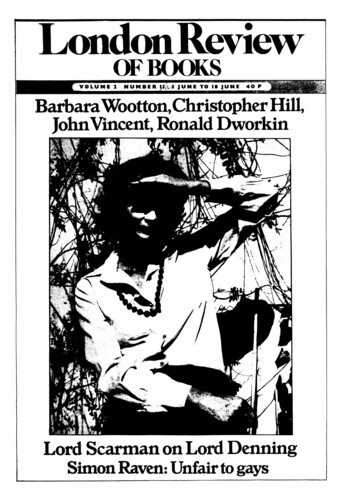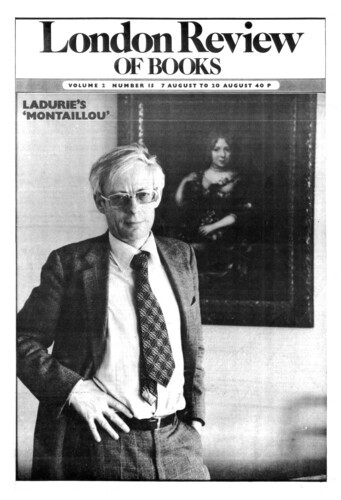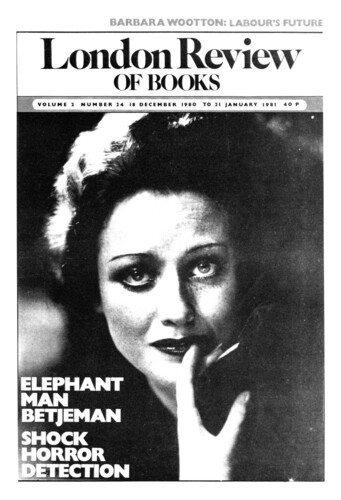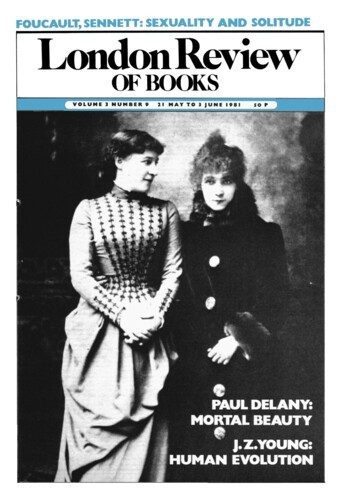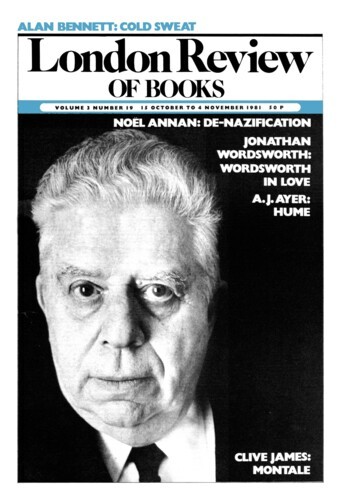‘Many benefits and costs attend life in a middle-aged, middle-sized, formerly prosperous, presently semi-collectivised, freedom-loving, intensely tribal, modern society with tired blood, cultivated civil servants, weak industries, strong unions, and a flourishing high culture.’ So say the authors of this book, which originated in conversations between a British journalist well-known to readers of the Times and an American professor of political science in the University of California. Finding themselves ‘engaged in fairly intense discussions about British politics’, this pair asked why ‘the pleasure and instruction we were shamelessly deriving from hearing our own voices’ should not be ‘spread among a larger population’. The result is a wide-ranging, admirably readable study.
‘Many benefits and costs attend life in a middle-aged, middle-sized, formerly prosperous, presently semi-collectivised, freedom-loving, intensely tribal, modern society with tired blood,...
